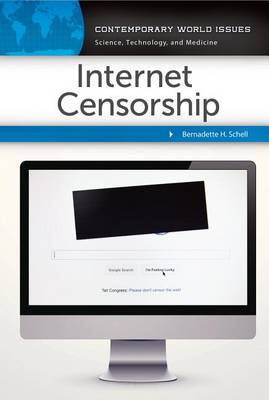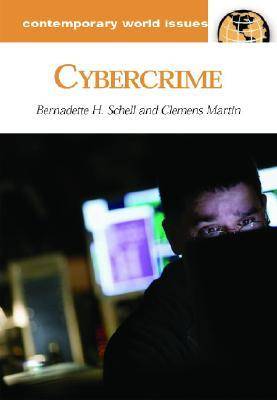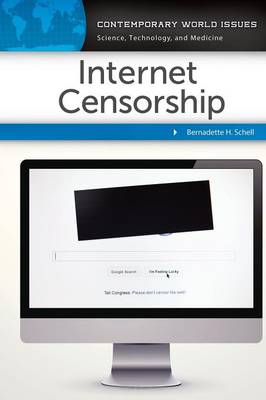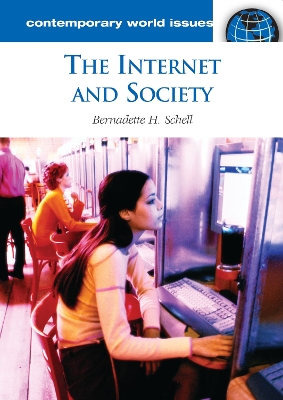Contemporary World Issues
5 total works
Cybercrime: A Reference Handbook documents the history of computer hacking from free long distance phone calls to virtual espionage to worries of a supposed "cyber apocalypse," and provides accessible information everyone should know.
An issue so new and evolving so quickly, there are few sources from which readers can get the information they need to inform themselves about and protect themselves from cybercrime. Written by experts in the field, this reference work contains original essays, descriptions of technical aspects, and numerous contributions from over 100 sources.
Cybercrime uses fascinating case studies to analyze the beginning of cybercrime and the path it has followed to the present day. With biographical sketches of many influential hackers, the reader will better understand the development of the cybercriminal, and how many of these individuals went on to create some of the computer industry's most useful software. From cyberstalking to viruses, scholars and students alike will find the answers they need to understand these issues.
- A comprehensive chronology recounting the last four decades of cybercrime, including the implementation and development of legislation and technical attempts to stop further criminal activity
- An extensive glossary covering criminal, technical, and slang terminology
Combining reference entries with perspective essays, this timely book undertakes an impartial exploration of Internet censorship, examining the two sides of the debate in depth. On the one side are those who believe censorship, to a greater or lesser degree, is acceptable; on the other are those who play the critical role of information freedom fighters. In Internet Censorship: A Reference Handbook, experts help readers understand these diverse views on Internet access and content viewing, revealing how both groups do what they do and why.
The handbook shares key events associated with the Internet's evolution, starting with its beginnings and culminating in the present. It probes the motivation of newsmakers like Julian Assange, the Anonymous, and WikiLeaks hacker groups, and of risk-takers like Private Bradley Manning. It also looks at ways in which Internet censorship is used as an instrument of governmental control and at the legal and moral grounds cited to defend these policies, addressing, for example, why the governments of China and Iran believe it is their duty to protect citizens by filtering online content believed to be harmful.
An examination of the social impact of the Internet, this volume explores political, social, technical, legal, and economic controversies in a manner accessible to the general reader.
Today more than one billion people worldwide use the Internet for communication, shopping, business, and research. But in the last five years they have lost over $10 billion to malicious computer attacks alone. Is there a way to keep the benefits and avoid the problems?
The Internet and Society: A Reference Handbook explores both the positive aspects of the Internet and its darker side. Topically organized, it chronicles the background and history of the Internet, with a focus on the 1960s and beyond. Through analysis of the latest research in sociology, political science, economics, law, and computer science, it examines problems, varieties of cybercrime, controversies, and solutions related to the Internet's phenomenal growth. It also illuminates the likely directions of the Internet's future and the ongoing challenges it presents to societies around the globe.




